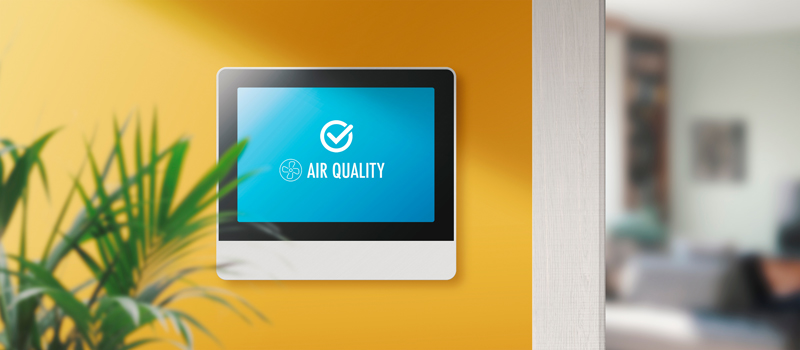You may not want to think about pollutants entering the air inside your home or office, but it happens often. Every time you open a door or window, you’re letting in those pollutants to reduce your indoor air quality. Even air gaps on the walls of your home can allow these pollutants to enter the air in your home.
The Health Effects Associated With Air Pollutants
Unfortunately, there are many air pollutants out there that can affect your health. These include things like allergic rhinitis, some types of asthma, and hypersensitivity pneumonitis. Many people experience other health symptoms when their body interacts with biological pollutants. These include coughing, watery eyes, sneezing, lethargy, fever, dizziness, and digestive problems.
How Air Pollutants Affect Allergies and Respiratory Conditions
There are many different air pollutants. These can be harmful to those with existing respiratory conditions and/or allergies. Mold, pet dander, pest droppings, pollen, and mold can all trigger health symptoms. If your symptoms tend to get worse the more you stay at home, it could be a sign that your indoor air quality levels are low. You will need an experienced HVAC professional to help fix this issue.
How to Reduce Indoor Air Pollutants in Your Home or Office
Have you noticed more common and intense flare ups of your allergies in your home? It’s time to start thinking about your HVAC system and your indoor air quality level. One of the best first steps you can take is to replace your existing HVAC air filter with a new one. Choose an HVAC air filter with a high MERV rating. The higher the filter’s rating, the better its filtering capability. The higher HVAC filtering capability, the better your indoor air quality will be.
Next, consider having your ducts cleaned by an HVAC pro. They will be able to remove any contaminants that find their way inside your ducting and home. You should have and use exhaust fans in your kitchen and bathrooms. These fans help to divert excess moisture to the exterior of your home.
This goes a long way in reducing indoor air moisture and mold growth. Additionally, you’ll want to ensure that your attic and crawlspace have proper ventilation. This allows excess humidity to escape. You want to keep relative humidity levels throughout your home below 50%. This prevents mold growth. It can make your severe allergies or existing respiratory conditions worse.
Call Us Today
If you’re struggling with bad allergies when you’re at home, then it’s time to contact us. Let our helpful HVAC professionals assess your home’s air quality. We can provide you with the best plan to reduce your indoor air pollutants. Let’s work together to stop those annoying indoor allergy flare ups.

